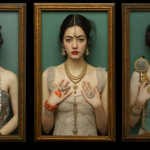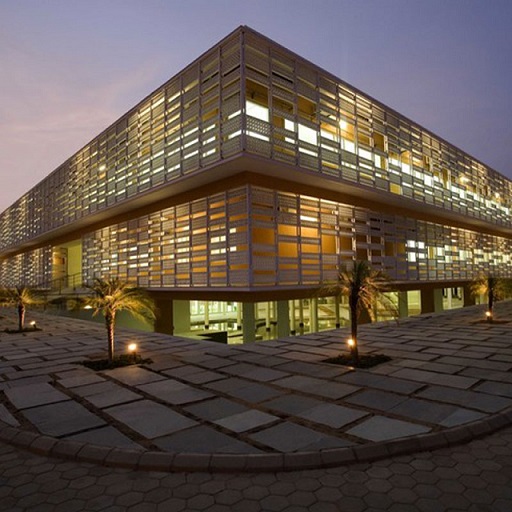By Pearl Academy Editorial Team
In the ever-evolving realm of fashion & design, it is not merely about aesthetics; it’s a transformative force that shapes culture, influences human behaviour, and redefines society. As an institute at the forefront of design education, we aim to explore the intricate relationship between design and society, highlighting the pivotal role fashion plays in our interconnected world.
Fashion as a Cultural Lens
Fashion serves as a looking glass into the collective consciousness of society, capturing the spirit of specific eras, regions, and subcultures. Fashion designers, as visionary creators, translate societal shifts and aspirations into garments that encapsulate their times. Think of the ’60s, with its miniskirts and psychedelic prints symbolising a cultural revolution, or the ’90s grunge movement, characterised by dishevelled flannel shirts and combat boots challenging convention.
Designers breathe life into their creations, embodying cultural narratives, ideologies, and aesthetics, making fashion a dynamic cultural barometer. They actively engage with issues such as politics, gender equality, climate change, and technology, transforming fashion into a platform for societal dialogues.
Fashion as a Bridge for Cultural Exchange
Fashion knows no geographical boundaries. In today’s interconnected world, we witness a fusion of diverse influences from around the globe. This cross-cultural exchange results in a rich tapestry of designs and fosters a greater appreciation for different cultures.
Designers, inspired by a plethora of global influences, blend elements from various traditions and styles. This not only generates diverse and captivating collections but also promotes cultural understanding, sparking conversations about cultural appreciation versus appropriation.
Fashion Empowerment and Inclusivity
In the 21st century, fashion designers have assumed a new role as cultural custodians. They infuse their collections with messages of empowerment, inclusivity, and body positivity. These messages resonate deeply in a society grappling with issues like body image and diversity.
The body-positive movement has played a pivotal role in redefining fashion standards. Designers now create lines that celebrate and cater to a wide range of body types. This change is not just a response to societal demands but a transformative step in reshaping societal beauty ideals and promoting self-acceptance.
Sustainability and Ethical Design
As global concerns about the environment and ethical practices continue to rise, the fashion industry is undergoing a profound transformation. Design experts are increasingly turning to eco-friendly materials, embracing circular fashion, and pioneering innovative techniques to minimise waste. This shift is not just a response to societal concerns but also a leading role in encouraging more responsible consumption.
Fashion Technology Revolution
Fashion and technology are converging in remarkable ways. The integration of technology into fashion is not just about convenience; it’s a reflection of society’s hunger for innovation. From smart textiles and 3D printing to augmented reality dressing rooms and blockchain-based supply chains, fashion is on the brink of a digital revolution.
These innovations offer fashion a new dimension, where wearables can monitor health, clothing can adapt to changing environments, and fashion can become more personal and interactive.
Fashion as a Catalyst for Change
The connection between design and society is dynamic and reciprocal. Fashion designers are not just creators; they are change agents. They challenge norms, break stereotypes, and redefine what is possible.
From gender-neutral fashion challenging traditional roles to inclusive fashion lines promoting diversity, design is actively contributing to a more accepting and progressive society. Fashion is not just about fabric and thread; it’s a transformative force for social change.
The alliance between design and society is profound and mutual. Fashion transcends being a mere reflection of societal values and shifts; it becomes a tool for change and progress. As an institute committed to nurturing future creative leaders, we stress that recognizing the profound influence of design on society is paramount for understanding the ever-evolving world of fashion. Fashion is not just about clothing; it’s about culture, creativity, and catalysing a better, more inclusive future. Learn more through our variety of Bachelor’s and Master’s Degree programs in the Fashion & Design Domain











